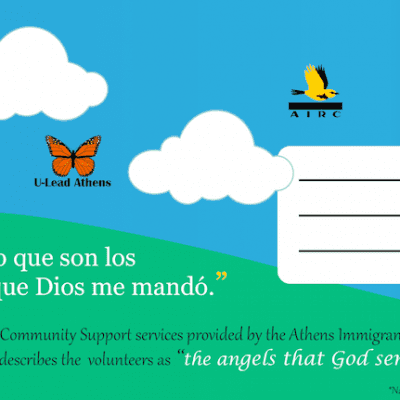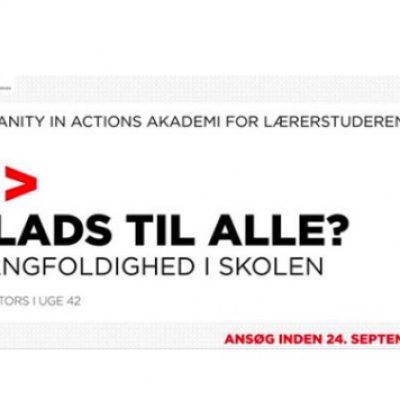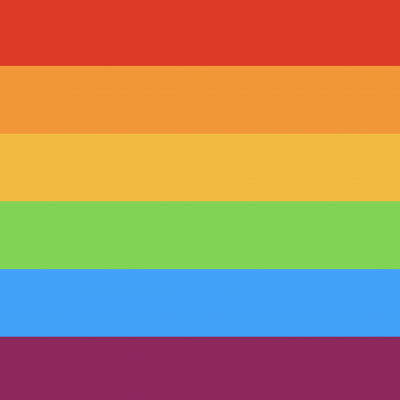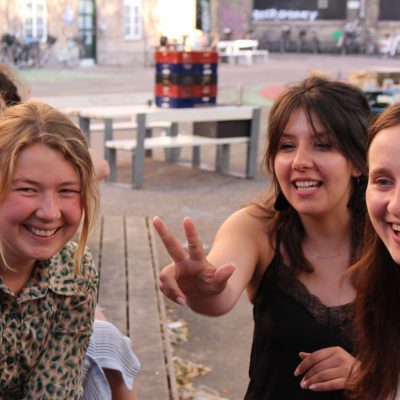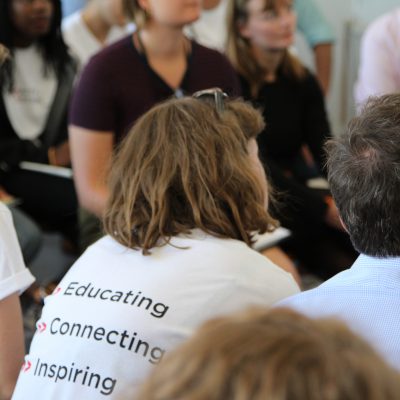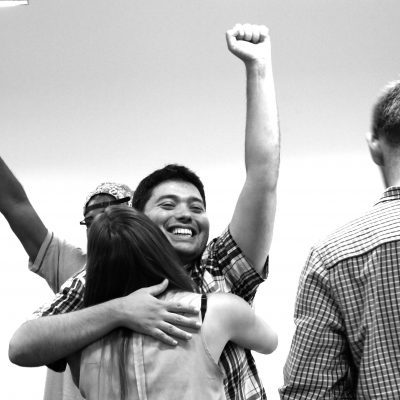 Freedom to love and live together with someone of the same gender is something that we easily take for granted in Denmark. The freedom that Danish LGBT people can enjoy is in stark contrast with countries where LGBT people are unable to live openly without fear.
Freedom to love and live together with someone of the same gender is something that we easily take for granted in Denmark. The freedom that Danish LGBT people can enjoy is in stark contrast with countries where LGBT people are unable to live openly without fear.

For the project Gender & Identity in the Global South Humanity in Action Denmark invited six young LGBTQI+ activists from Kenya, Pakistan and Uganda to Denmark. The activists partook in official debates, gave lectures at different educational institutions, held network meetings and taught an online course.
The project took place in August and September 2015. It delved into the living conditions of transgender people in Pakistan, human rights violations in Uganda and the presentation of LGBTQI+ issues in Kenya to foreign dignitaries. The young activists spoke at events during Pride Week 2015. During the second week, the activists visited high schools to discuss with local youth what Gender & Identity means in the Global South.
Project Focus
The project deald with the challenges faced by LGBT people in the Global South and will focus on how the outside world can best support their work, and how to ensure LGBT inclusion strategies in development policy work and development programs. The project challenged Danes’ understanding of gender and identity in the Global South. The project is supported by Danida’s Information Grant and was developed in partnership with CanopyLAB, Copenhagen Pride, Sabaah, Operation Day’swork, the Danish Family Planning Association and AKS Art-Film-Dialogue Festival.
Project Background
It is well document that there has been widespread discrimination and persecution of LGBT people in terms of both physical and psychological abuse, for example in Russia, Uganda and by ISIL. Discrimination and oppressive treatment includes executions of homosexuals, defamatory treatment and forced marriages. In about 78 countries ‘homosexual acts’ are punishable by law. There is still, however, reason for optimism; recently Thailand chose to follow India and Pakistan and officially introduced a third gender. The Danish LGBT community has been struggling with this for years. It shows that the North-South divide lacks nuance as countries of different contexts have much to learn from each others’ political and social approaches related to gender and identity as well as the experiences and different forms of activism used by LGBT activists. When LGBT people are denied their equal rights and punished due to their gender, sexuality, and identity in the Global South it manifests a challenge to both Denmark’s foreign and development policy. There is no difference between sexual minorities’ struggle and other religious and ethnic minorities fighting for protection, recognition and equality. It is about the freedom to live a dignified life regardless of one’s sexual orientation, gender, gender identity, religion or ethnicity.
See our Gender & Identity Talks
As a part the Gender & Identity in the Global South Series, Humanity in Action Denmark partnered with CanopyLAB to produce a free online course. The educational program engaged young LGBT activists from Kenya, Pakistan Uganda with youth around the world.

